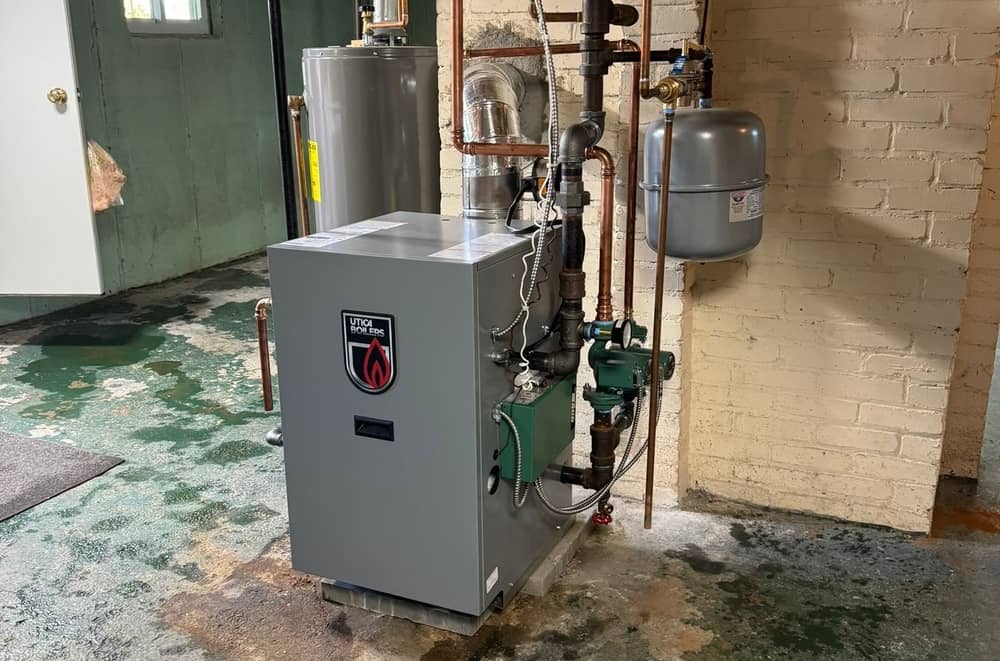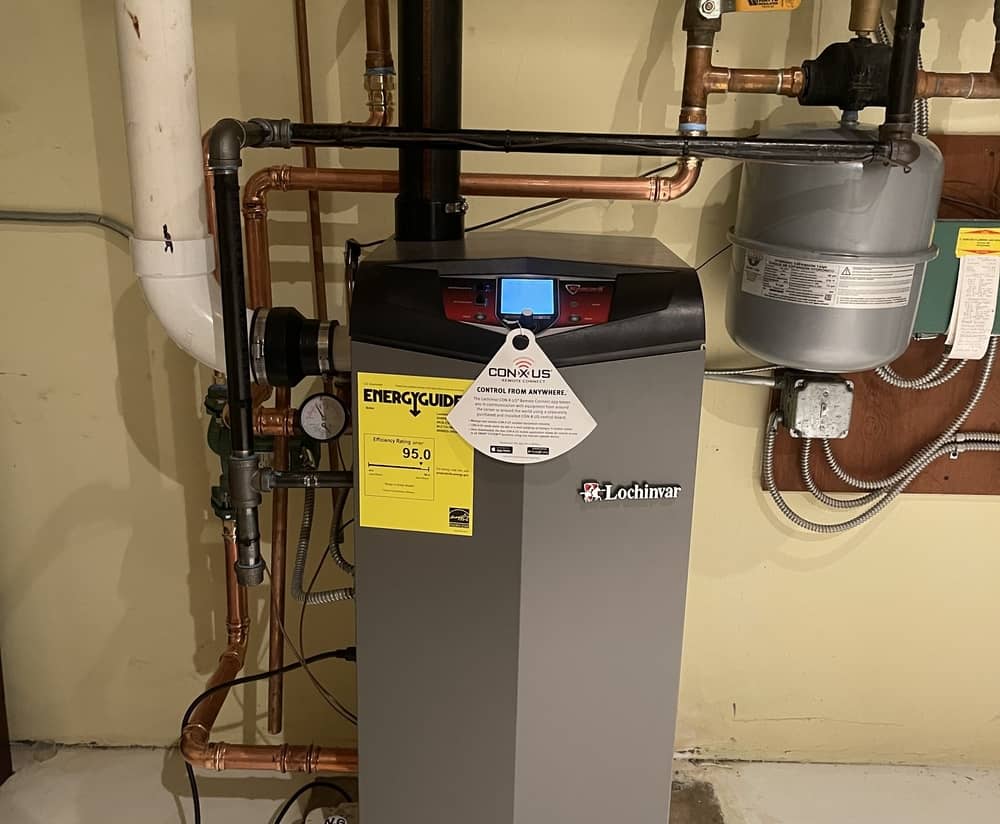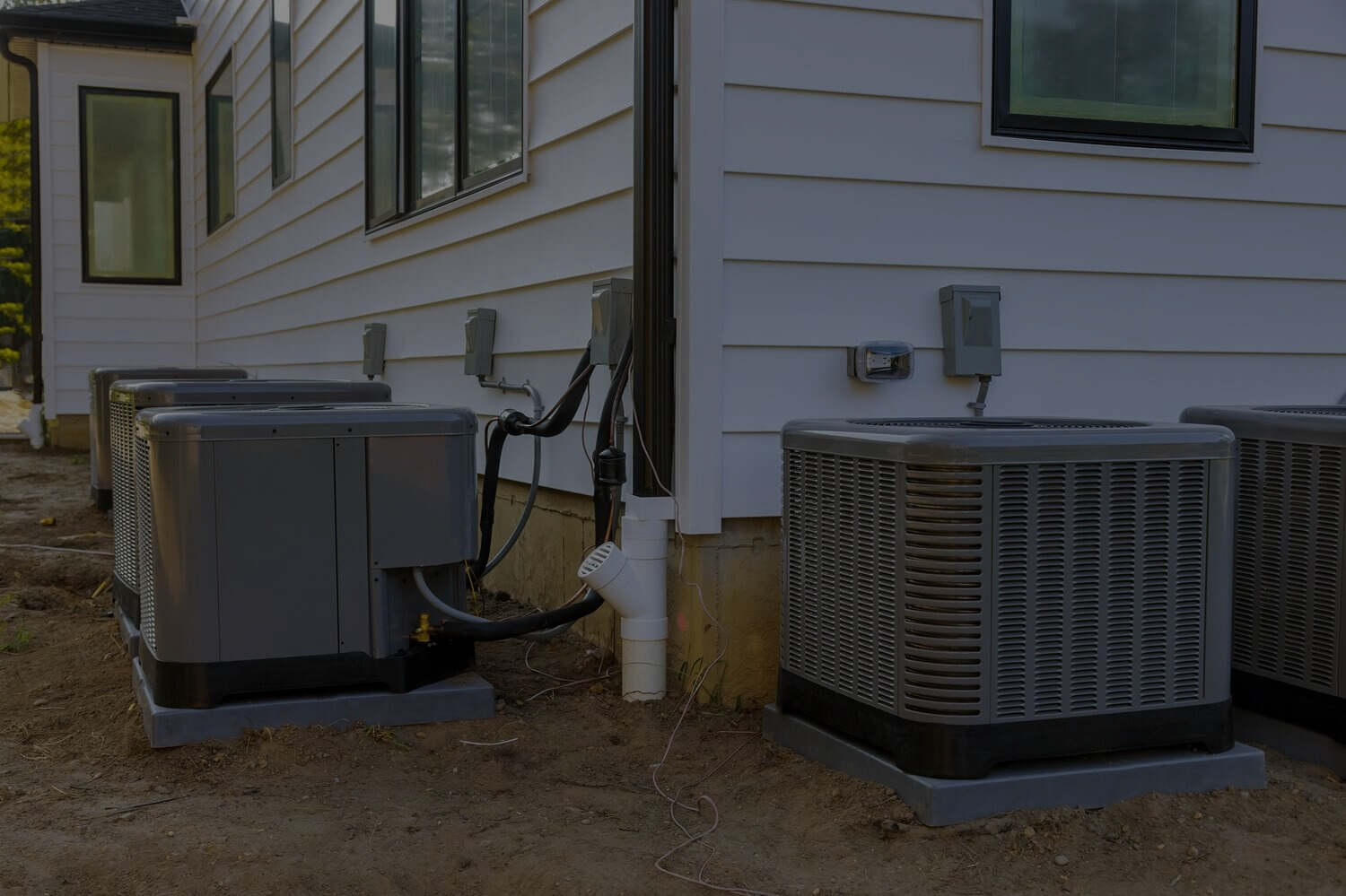
-
South Shore Mechanical
-
Boiler Heating System
-
0 Comments
-
September 9, 2024
Electric vs Gas Boiler: Key Differences for Your Home
When heating your home, choosing the correct boiler is crucial. Choosing between a gas boiler and an electric boiler can significantly impact your energy efficiency, operating costs, and overall comfort. Understanding the differences between these two options can help you make an informed choice that best suits your needs. This blog will explore the critical distinctions between electric boilers vs gas boilers, focusing on factors for radiant heating systems. By the end, you’ll have a clearer picture of which boiler type best fits your home.
Efficiency: How Do They Compare?
One of the most important factors when comparing electric boilers to gas boilers is efficiency. Electric boilers are known for their high efficiency, as they convert nearly all the electricity they use into heat. This means minimal energy is wasted, potentially leading to lower energy bills if electricity costs are reasonable. On the other hand, gas boilers tend to have slightly lower efficiency because some energy is lost through flue gases. However, the lower cost of natural gas compared to electricity can help balance out the efficiency difference.
Cost Considerations: Initial and Operational
The cost of installing and operating a boiler is another major consideration. Gas boilers generally have a lower upfront cost compared to electric boilers. This is partly due to the higher price of electric boilers and the complexity of installation in some cases. However, the operational costs can vary significantly depending on local energy prices. While natural gas is usually cheaper than electricity, the higher efficiency of electric boilers might balance the long-term operating costs.
It’s important to consider your specific circumstances before opting for a professional boiler installation, such as local energy prices and the availability of natural gas. For example, if natural gas is not easily accessible in your area, the ongoing cost of operating a gas boiler may outweigh the initial savings from installation.
Environmental Impact
The impact of your boiler on the environment is an important consideration. Electric boilers are often considered more environmentally friendly, primarily if the electricity is sourced from renewable energy. They produce no direct emissions, making them an excellent choice for reducing your carbon footprint.
On the other hand, gas boilers do emit carbon dioxide and other greenhouse gases, contributing to environmental pollution. However, modern gas boilers are much cleaner and more efficient than older models, and natural gas is considered a relatively clean fossil fuel compared to coal or oil.
Suitability for Radiant Heating Systems

When considering electric boilers vs gas boilers for radiant heat, evaluating how each type performs in this application is essential. Radiant heating systems, which distribute heat through the floor or walls, require a consistent and even heat source. Electric boilers are well-suited for this purpose because they provide precise temperature control, ensuring that your home is evenly heated.
Gas boilers can also be used for radiant heating, but they may require additional components like a mixing valve to ensure that the water temperature is just right for the system. While both types of boilers can be effective for radiant heating, electric boilers offer more straightforward integration and control, making them a popular choice for modern radiant heating systems.
Installation and Maintenance
The installation process for electric boilers is generally simpler than for gas boilers. Electric boilers don’t require a flue or chimney, which can reduce installation time and costs. They can also be installed in smaller spaces, making them ideal for homes with limited room for a boiler. Maintenance for electric boilers is typically straightforward, with fewer moving parts and no need for annual gas safety checks.
Gas boilers require more complex installation, including venting systems to expel combustion gases safely. Regular maintenance is crucial for gas boilers to ensure safe and efficient operation. This includes annual inspections and servicing by a qualified technician. While gas boilers may require more attention, they are known for their longevity and reliability.
Similar Read: Common Reasons for a Leaking Boiler
Making the Right Choice for Your Home
Choosing between a gas boiler and an electric boiler depends on various factors, including your budget, environmental concerns, and the specific needs of your home. Electric boilers offer high efficiency, lower environmental impact, and ease of installation, making them an excellent choice for homes without access to natural gas or those looking to minimize their carbon footprint. Also, gas boilers may be more cost-effective in the long run, especially in areas where natural gas is cheap and readily available.
Looking For The Best Heating Option?
If you’re still unsure which boiler is right for your home, it may be time to consult a professional. At South Shore Mechanical, we specialize in helping homeowners find the best heating solutions in Abington and the surrounding Massachusetts areas. Whether you’re considering an electric boiler or a gas boiler, our experienced team can provide expert guidance. Contact us today for more information.

